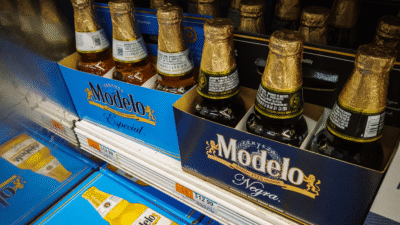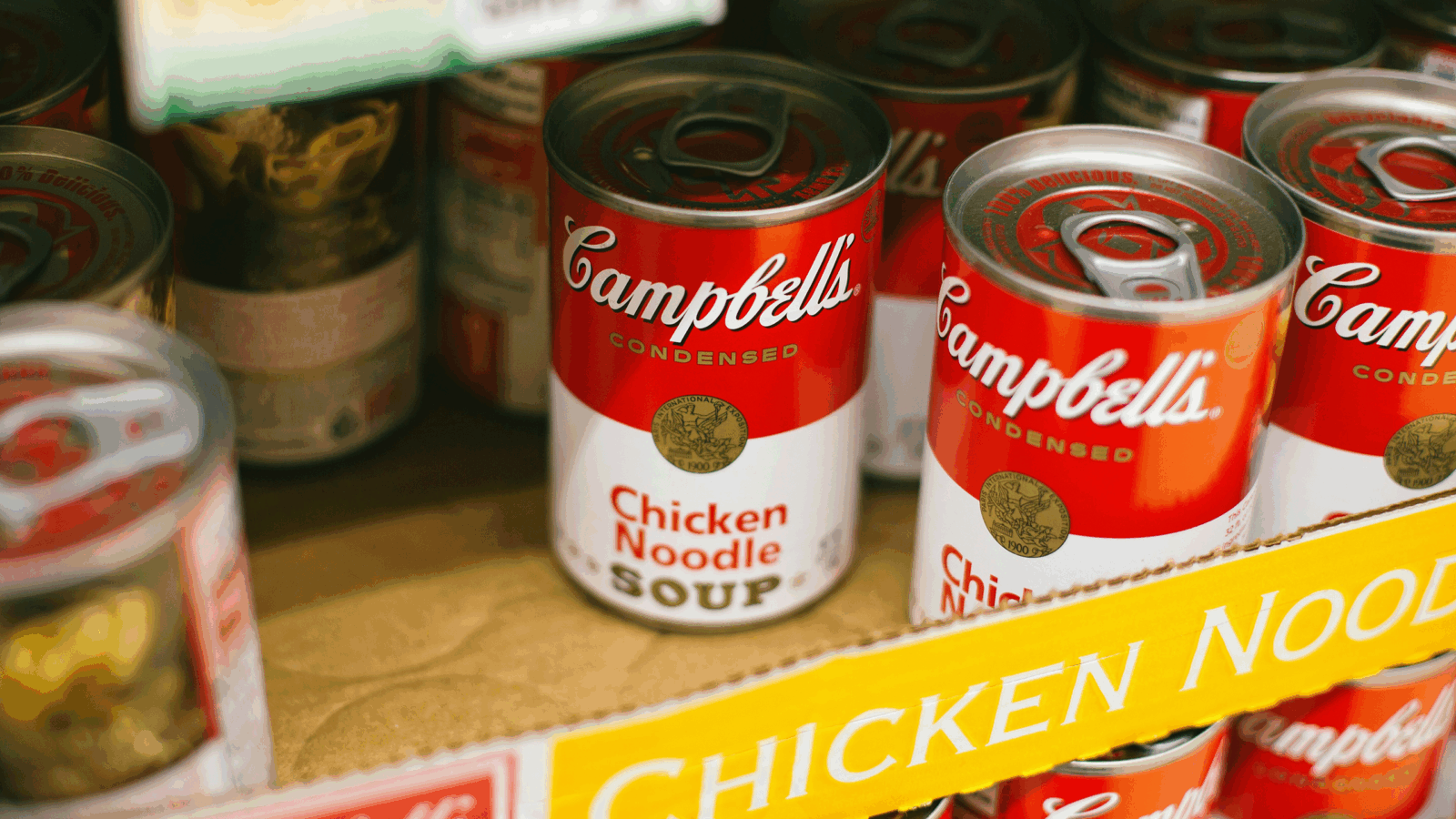
Sign up for smart news, insights, and analysis on the biggest financial stories of the day.
It took an oolong time — almost two years — but Unilever finally offloaded its unwanted portfolio of teas on Thursday.
The consumer goods giant agreed to serve a portfolio of tea brands to private-equity giant CVC Capital for $5 billion.
Checking the Tea Leaves
Unilever has been trying to divest businesses that are a drag on its portfolio — executives found themselves in hot water last year when turnover fell by 3.5%, and have remained there as the company’s shares have lost 13% of their value this year. Its first crack at the problem was to sacrifice its line of beauty products, but no buyers bit on the $1 billion asking price.
The idea of selling the tea assets had been brewing for nearly two years — sales have slipped during the past decades as many consumers switched to alternatives such as kombucha, coffee, and herbal tea — and, on Thursday, a deal finally came through:
- Unilever’s Ekaterra unit, which contains 34 brands including Lipton, PG Tips, Pukka Herbs, and TAZO generating nearly $2.3 billion in revenue last year, will be sold to the Luxembourg-based CVC.
- Unilever is holding onto its tea businesses in India and Indonesia, which pulled in about $1.15 billion last year in markets where tea consumption is boiling over.
Unilever’s long-term goal is to focus on fast-growth areas, namely plant-based foods and nutrition, both of which helped its sales rise 2.5% in the third quarter. Several analysts suggested the company, which produces products as diverse as mayonnaise and soap, could be the target of activist investors who want to break it into more similar parts.
Social Concerns: The tea industry has long been associated with worker exploitation and human rights abuses, which multiple potential buyers expressed concerns about, according to the Financial Times. Unilever says it has programs in place to address those concerns, a major one being the ongoing automation of tea picking at its largest plantation, in Kenya.











